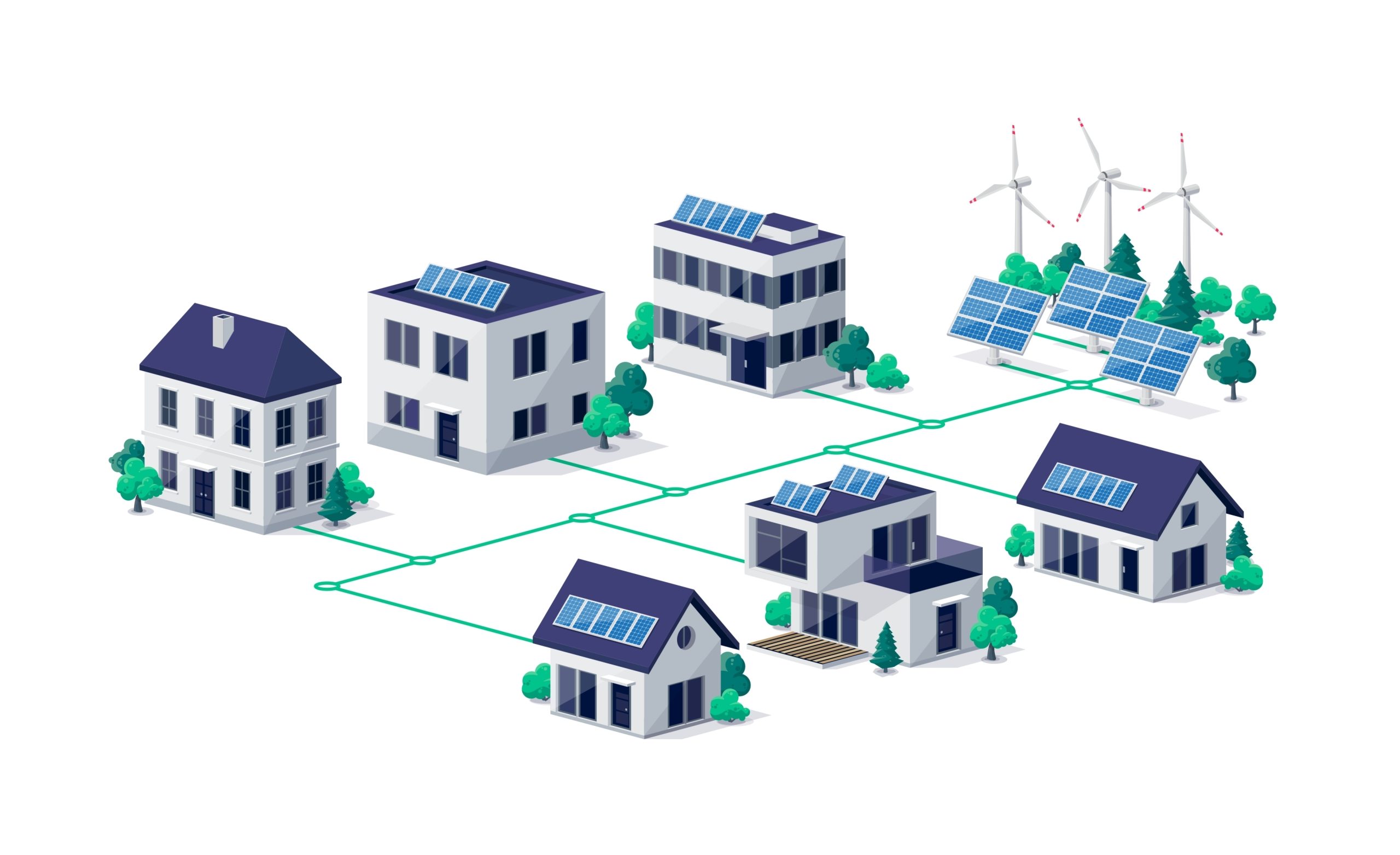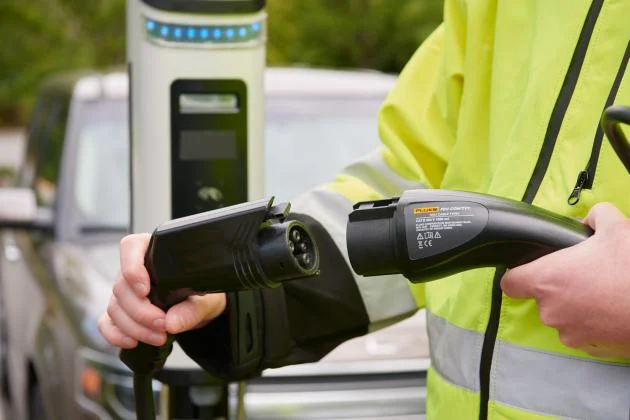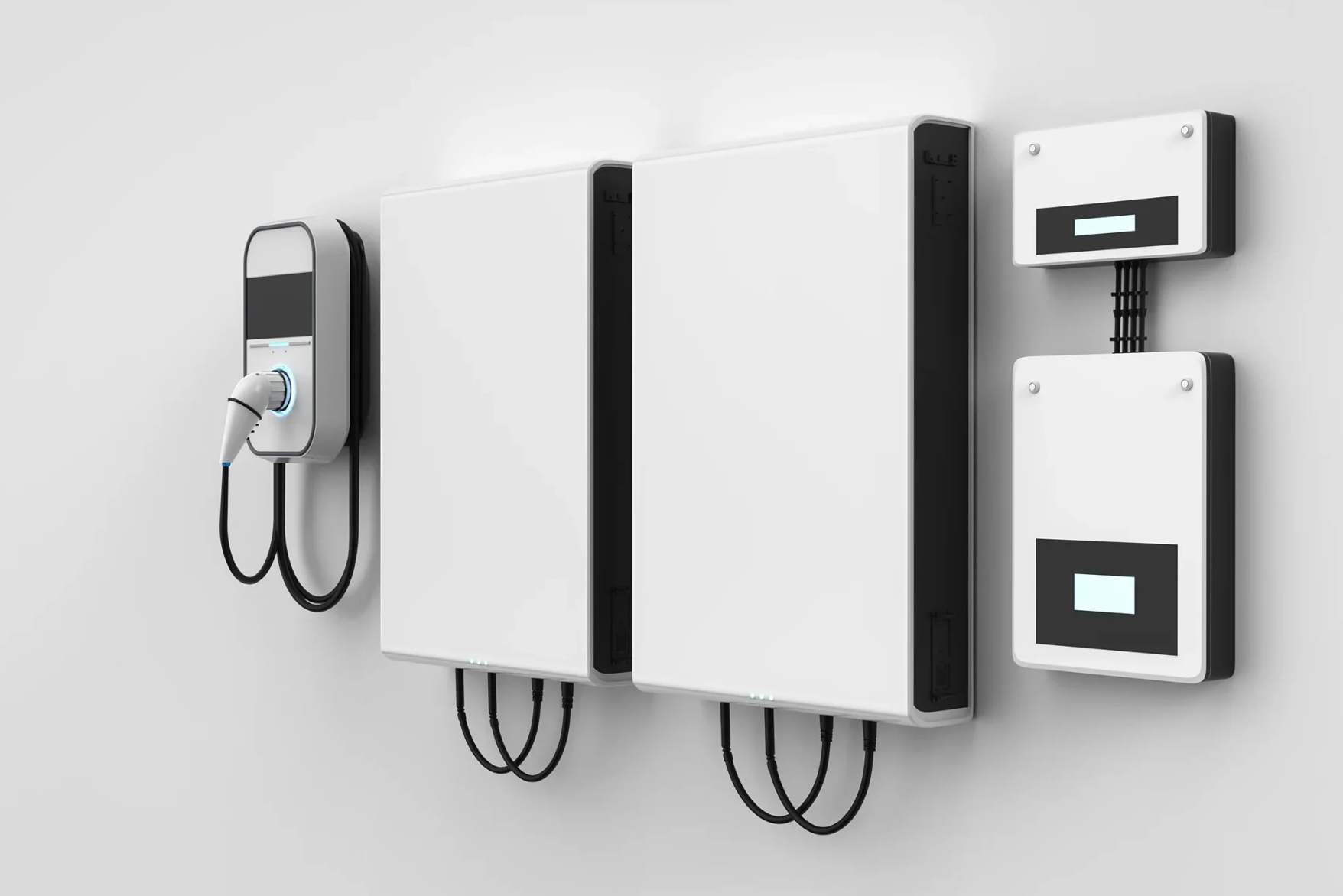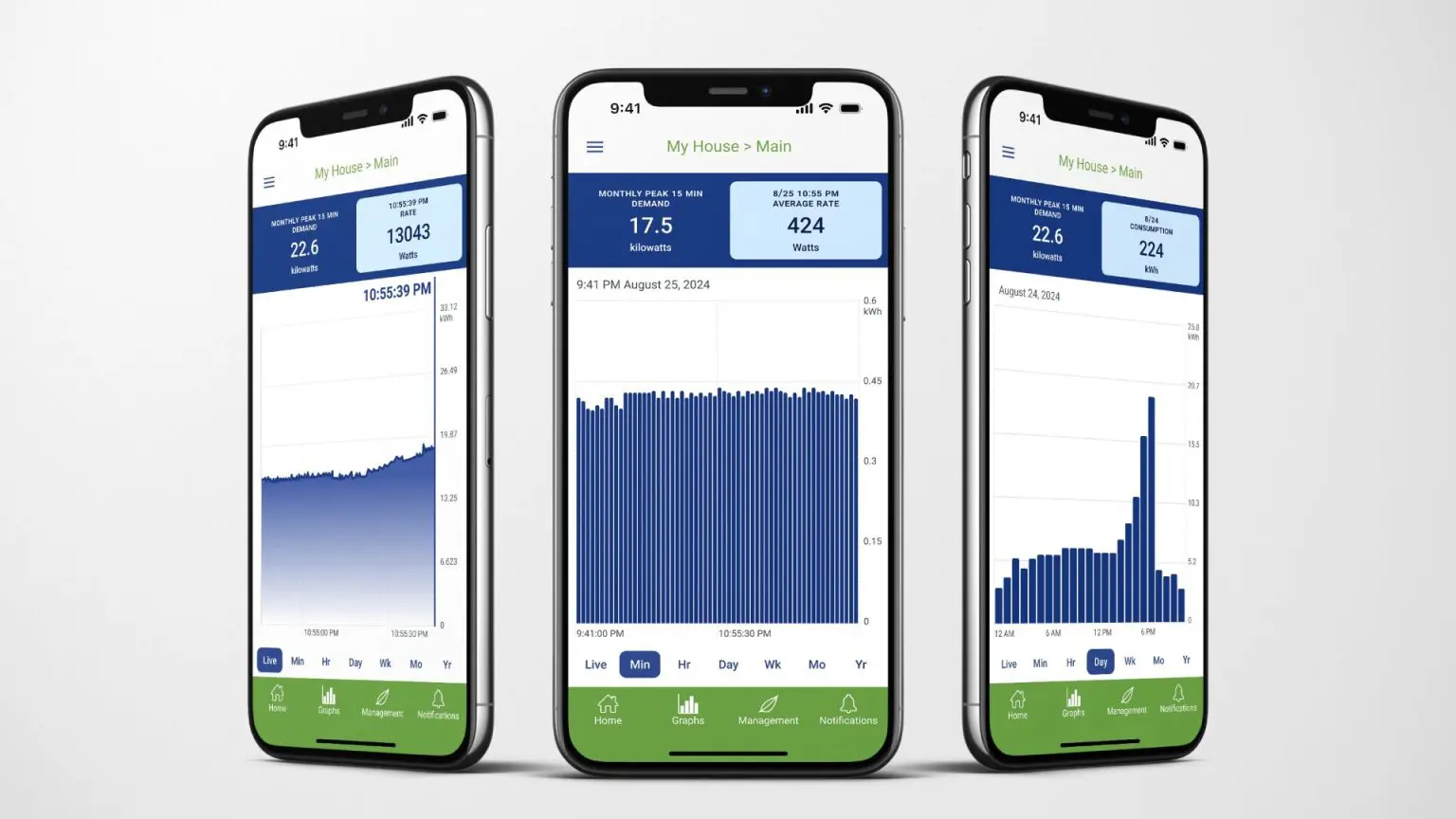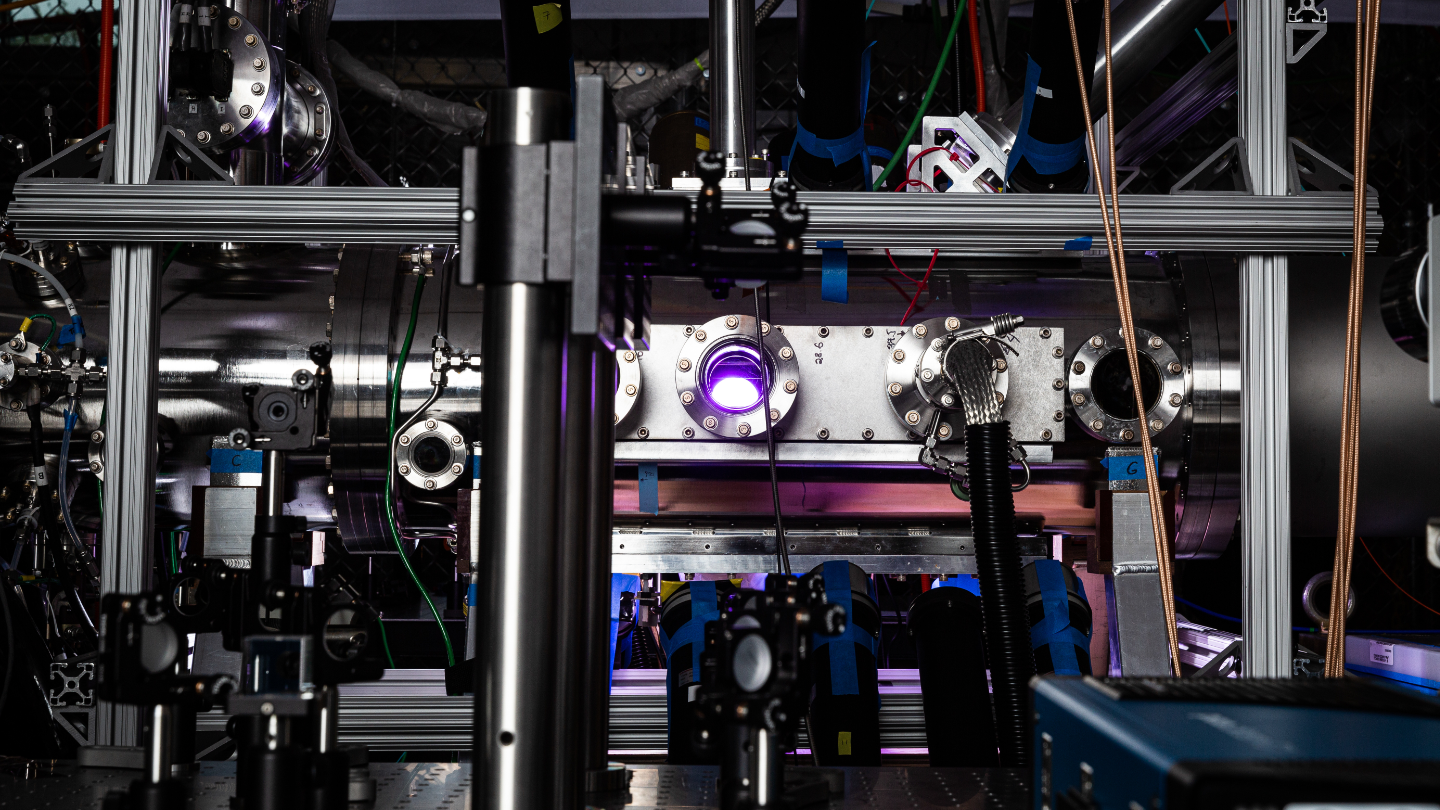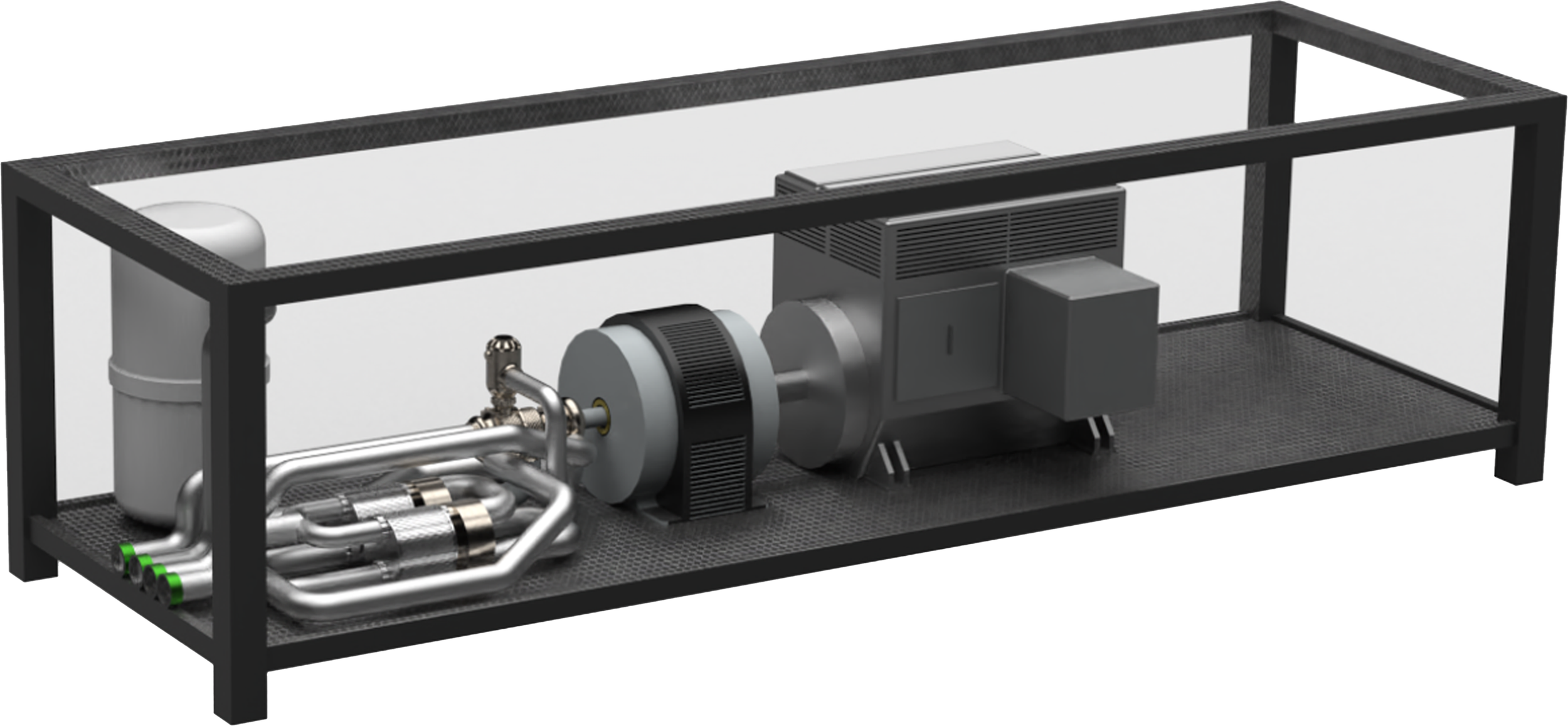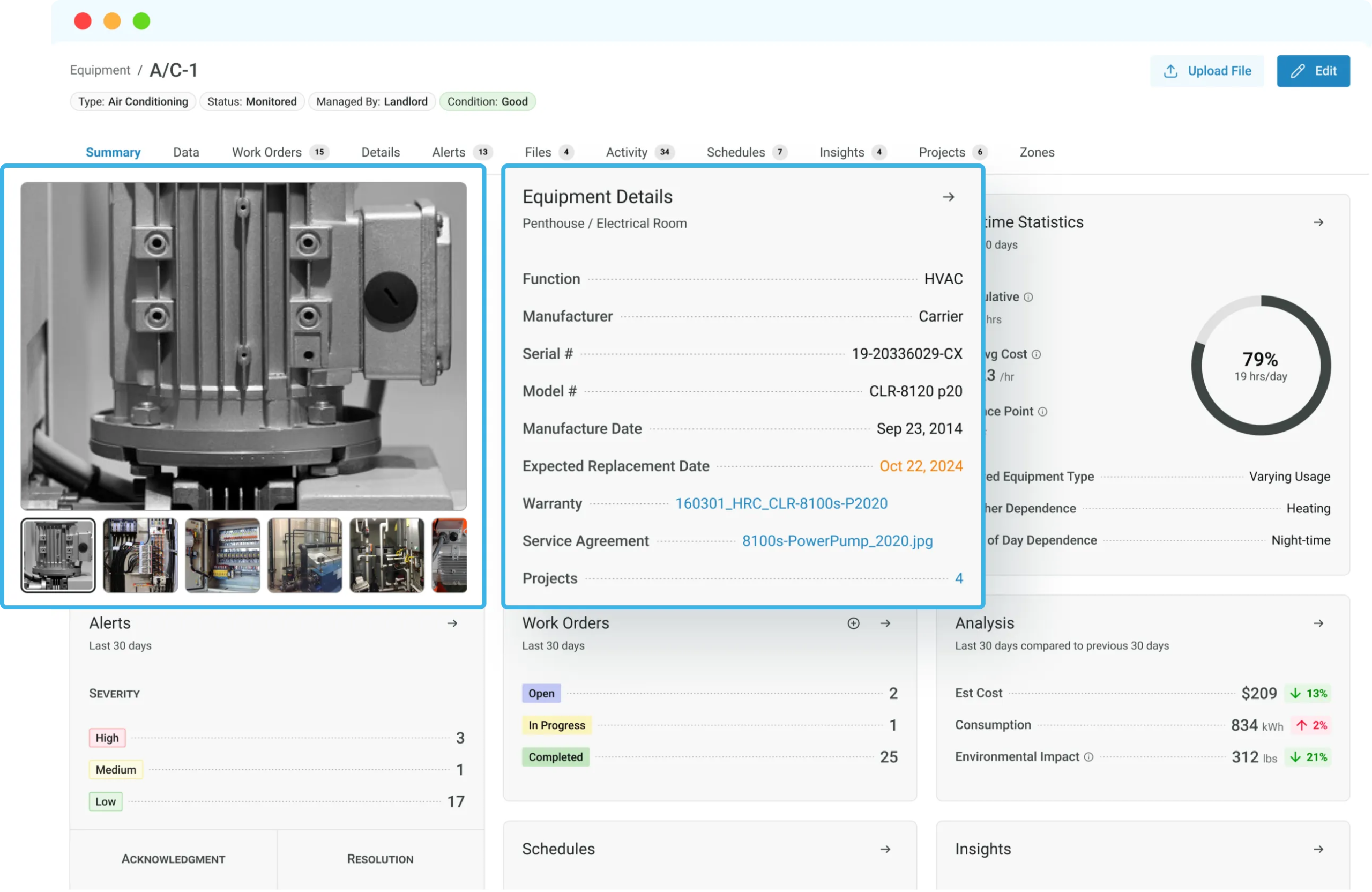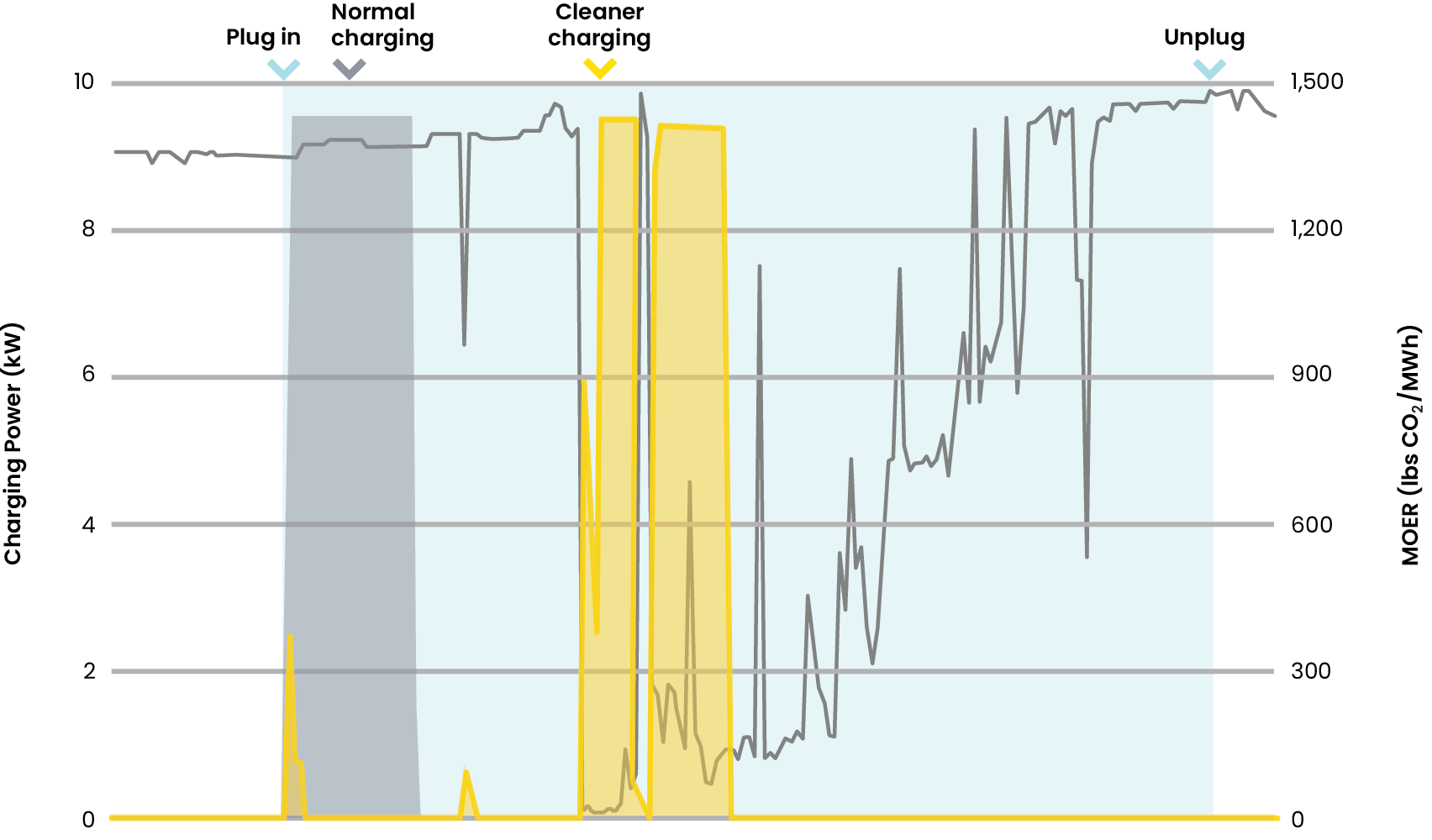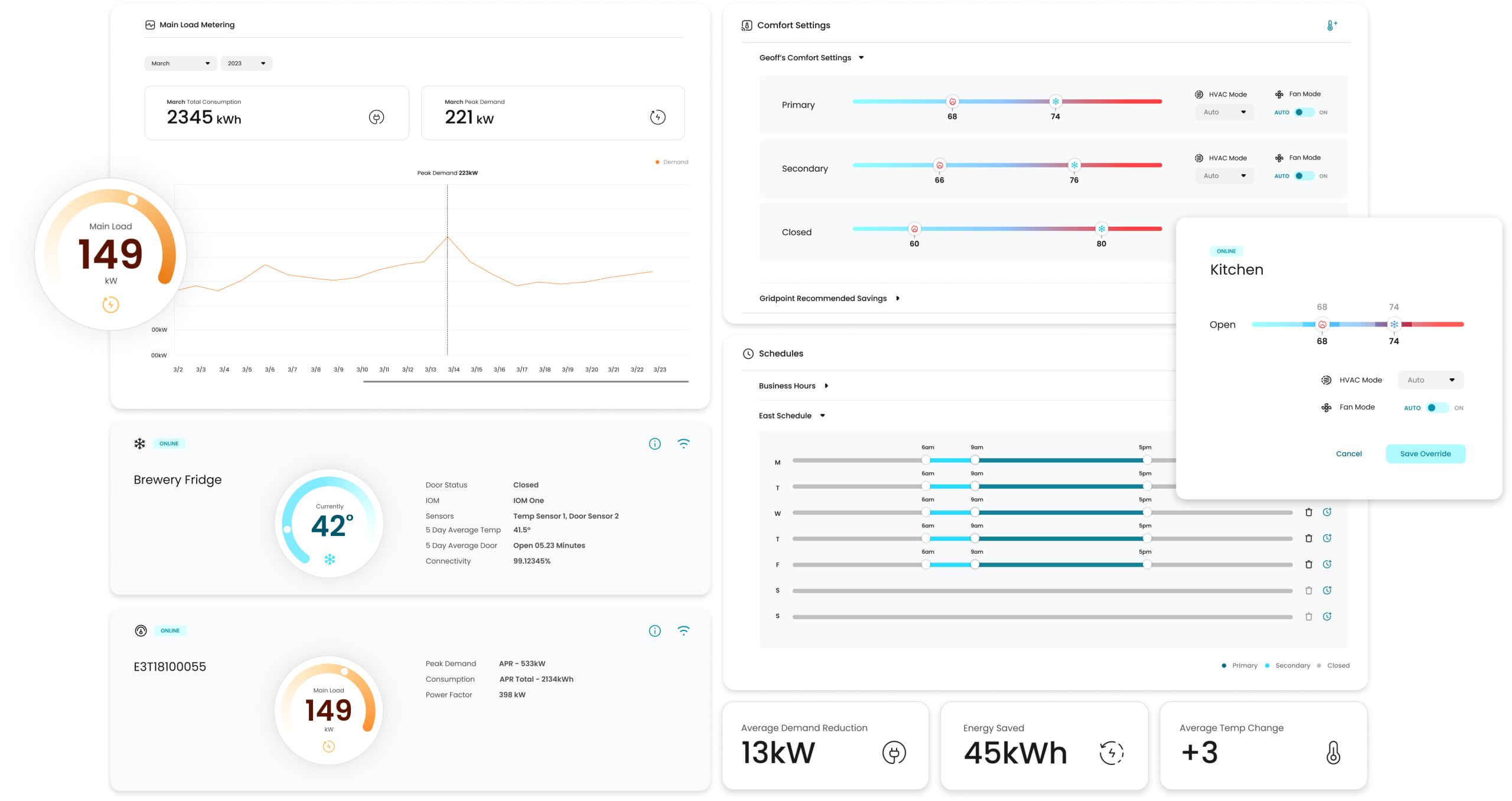TABLE OF CONTENTS
Energy costs are climbing, carbon regulations are tightening, and electrification is accelerating across nearly every industry. In response, the global energy management systems market is on track to nearly double—rising from $60.61 billion in 2025 to $111.86 billion by 2030.
Companies building the next generation of energy infrastructure are at the center of this shift. From rethinking how the grid operates to developing carbon-negative technologies, these energy management innovators are setting the pace for a cleaner, more efficient energy future.
Form Energy
Form Energy is tackling one of renewable energy’s biggest challenges: how to store power once it’s been harnessed. Form Energy is on a mission to create low-cost, multi-day energy storage systems. Their iron-air battery can store electricity for up to 100 hours—far longer than conventional solutions. In 2024, Form Energy announced a $405 million Series F financing round, bringing its total funding to $1.2 billion.
Powell Industries
With over seven decades of experience, Powell Industries designs and manufactures equipment for the distribution and control of electrical energy. The Houston-based company serves various sectors, including oil and gas, petrochemicals, and electric utilities. Powell has recently seen significant growth, driven by increased demand in the electric utility sector and a notable presence in data centers. Powell Industries had a strong start to 2025, beating estimates for second-quarter earnings.
Fluke Corporation
Fluke Corporation has been making dependable test tools and software since 1948—gear that electricians, engineers, and technicians rely on daily. Fluke Corporation has a reputation for accuracy and durability, making it a go-to across industries. In the energy management space, their analyzers and loggers help companies identify where power is being wasted and find smarter ways to use it.
Tantalus Systems
Tantalus Systems helps utilities modernize their power grids by harnessing the power of smart devices, systems, and software to provide better visibility into how energy moves through systems—making grids more efficient, responsive, and ready for the future. Tantalus Systems’ smart grid offerings include intelligent connected devices, communications networks, data management, enterprise applications and analytics.
Emporia Energy
Emporia Energy, based in Littleton, Colorado, develops smart home energy management devices aimed at making homes more energy-efficient and affordable. Their products, including EV chargers and energy monitors, empower homeowners to monitor and reduce their energy consumption, contributing to a more sustainable future. Emporia Energy just released Emporia Pro, a level 2 EV high-speed charger that allows homeowners to charge their vehicles efficiently without overload risks.
Zap Energy
Zap Energy is working on a new approach to fusion power that doesn’t require massive magnets or billion-dollar facilities. Their compact, Z-pinch fusion tech aims to unlock clean, zero-carbon energy at a fraction of today’s cost. A recent Zap Energy study showed their method produces stable thermal fusion.
Lunar Energy
Lunar Energy aims to make solar power more practical at home. The Lunar Energy system combines rooftop solar and battery storage in one package, so homeowners can use their own energy when it’s needed most, like during outages or peak-rate hours. This innovative approach could transform residential energy consumption.
Arbor Energy
Founded by a former SpaceX engineer, Arbor Energy developed a modular system that converts organic waste into carbon-negative electricity and clean water. Arbor Energy’s compact power stations—each one capable of powering thousands of homes—offer a promising step toward carbon-negative energy production. Arbor reports it’s saved customers $7.5 million since launching in 2022.
Enertiv
Enertiv brings real-time data insights to commercial buildings. Enertiv’s software continuously monitors equipment and environmental conditions to track how equipment is performing and where energy is being wasted. Enertiv helps building operators reduce costs, cut emissions, and keep systems running smoothly.
WattTime
WattTime is an environmental tech nonprofit that provides Automated Emissions Reduction (AER) software. WattTime technology allows IoT devices and buildings to automatically prioritize energy from cleaner sources, enabling users to reduce emissions and support cleaner energy grids. WattTime recently partnered with REsurety to launch a free platform offering access to marginal emissions data, aimed at helping organizations take more impactful climate action.
GridPoint
GridPoint gives commercial buildings the tools to use energy smarter. GridPoint’s platform collects and analyzes data to fine-tune energy use—cutting emissions and saving customers money. With over 7.5 billion kWh of energy saved, GridPoint is leading the way in building efficiency. GridPoint recently raised $45 million in strategic funding to support international expansion and accelerate its product roadmap.
What’s next for energy management companies?
These companies are pushing the energy sector forward with fresh ideas and practical solutions, making energy cleaner, more reliable, and easier to manage.
As pressure builds to cut emissions and overhaul aging infrastructure, tools like electrification, real-time data, and decentralized energy systems are becoming essential. But solving these complex challenges takes more than good ideas—it takes systems that can scale. That’s why many energy management companies are turning to PLM software. It’s not just about staying organized; it’s about bringing new products to market faster, reducing costly missteps, and keeping teams aligned as things grow more complex.
By building smarter operations from the inside out, energy management companies are better equipped to turn bold innovation into lasting impact—for the grid, for consumers, and for the planet.
